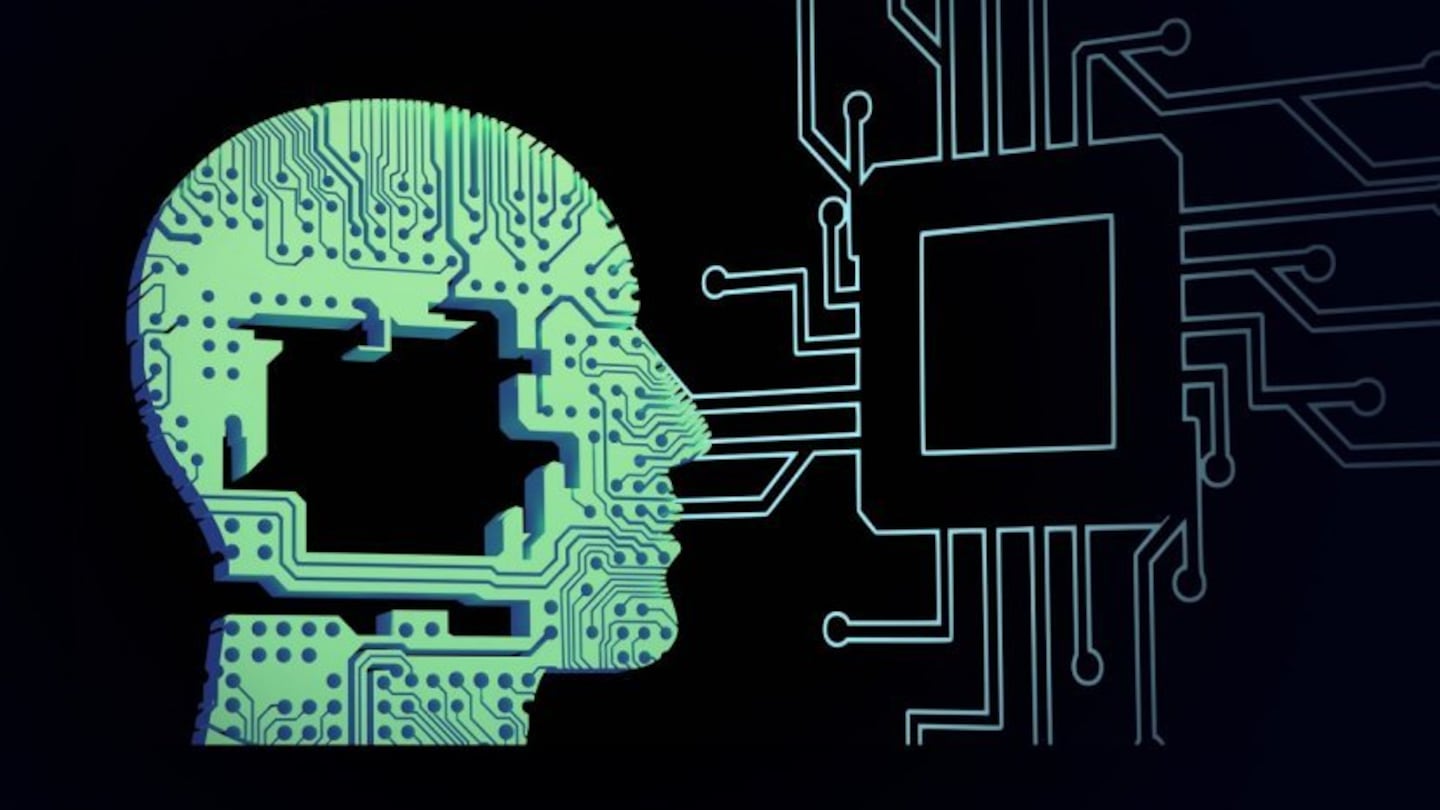Artificial intelligence, or AI, has the world mesmerised at the moment.
One discussion is over OpenAI’s ChatGPT software making waves around the world, providing students complete written essays about specific topics to help in their studies, which is controversial. And, like all AI programs, it’s continuing to learn things at a fast pace through vast amounts of data being chewed through.
Silicon Valley computer scientist Dr Pratik Desai, who has founded many artificial intelligence platforms, is predicting advances in AI to be so far ahead that human beings' consciousness could be uploaded on to digital devices at the end of this year.
But local data expert Dr Karaitiana Taiuru is warning of future possible breaches of tikanga and te reo Māori in the AI area, while also seeing opportunities to improve Māori data sovereignty and more.
“The worry is that AI is going to be part of everyone’s life whether we want it to or not. The opportunities, I think are we can use AI to address the current bias in society. We can look at commercial opportunities, look at how to protect our environment.
“The flipside is if we don’t manage it carefully, AI will be quite detrimental to our individual and collective lives.”
Data sovereignty
ChatGPT can already create karakia if asked to, and the limitations have yet to be reached as to what else it can create.
Taiuru is recommending people should be vigilant about uploading personal information, photos to social media and the like to better protect people.
But that’s easier said than done in an ever-advancing technological world.
“I would just suggest that if you don’t want the whole world to know something about you, don’t put it online. And if it can be manipulated, don’t put it online either.”
And then there’s the issue of Māori data sovereignty.
“Considering Māori data sovereignty principles, it recognises that Māori data is under the sovereign control of Māori. It’s a Te Tiriti right for Māori to have sovereignty over their data. This would empower us to make sure that our data stays with Māori, as opposed to being commercialised by faceless conglomerates.”




